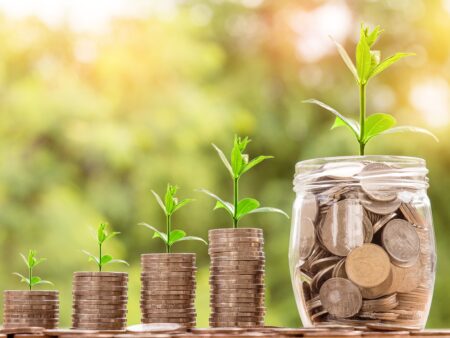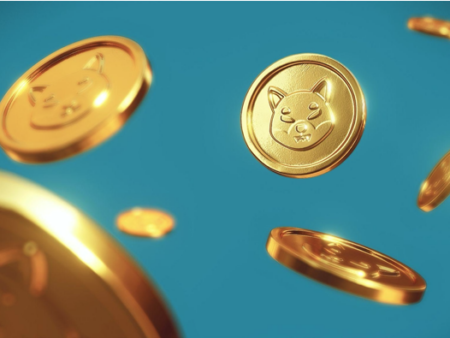
Buying and owning your first set of wheels is a special experience. Everyone remembers the first time they picked up their friends and drove to the beach, or that first time driving with the windows down on a sunny day, that sense of pride, of freedom, and of growing up that told you the world was there, and it was waiting for you.
But buying your first car can be confusing, too. There are so many brands, and so much variety in their offerings and price points, that it can be hard to know where to start. And once you’ve settled on the type of car you that want to own, another question arises: is it better to purchase it new or used? There are plenty of advantages to buying a car straight out of the showroom, but also some things to be mindful of.
The benefits of buying new
The best thing about buying a new car is the peace of mind it brings. You know that it has never been in an accident, been thrashed by a wannabe race driver, or been neglected by its previous owner. New cars are much less likely to break down than used cars, and even if they do, you have the security of a new-car warranty should something go wrong. Servicing costs can also be cheaper with a new car, as most marques offer either fixed-price or discounted servicing for the life of the warranty period.
Safety is a serious consideration for all car owners, but it’s especially important for new drivers, as they are more likely to be involved in an accident. Car safety is improving all the time across the price range, and buying a new car ensures that you (and your passengers) will be protected. Not all new cars are created equal, however, so it can be worthwhile for more inexperienced drivers to spend a little more money for a higher-spec model that includes additional safety features.
New cars are also typically more fuel-efficient than older cars, as government impose emissions restrictions and carmakers compete to make the most frugal vehicles. A few dollars saved each fill-up might not sound like much, but it can easily add up to hundreds of dollars a year. As an added bonus, you can also feel good about the fact that you’ll be lessening your impact on the environment.
And the downsides
It’s an obvious one, but we have to mention it: depreciation. Some models lose nearly half their value within three years, so it’s worth doing the research and understanding what makes and models are likely to retain their value when you do decide to upgrade. Cars with a strong reputation for quality and reliability are more likely to hold their value in the medium to long term than their counterparts.
New cars are more expensive up-front than used cars, there’s no way around it, and this may be a prohibitive factor for those on a tight budget. Careful research is crucial when buying used, and there are genuinely good and well-cared-for cars on the market for those willing to put in the time and effort. Make sure you purchase from a reputable dealer or a trustworthy private seller, and have a mechanic look over the vehicle to make sure there’s no obvious issues.
But buying a new car doesn’t mean buying the most expensive one, and most marques offer entry-level vehicles for those who aren’t overly concerned with luxuries. With technology advancing so quickly, what might have been an added feature five years ago will often now come fitted as standard. Financing a new car purchase can also be cheaper than you think, especially as interest rates remain at historic lows.
As well as being more expensive at the time of purchase, a new car will likely cost more to insure. If you’re a young buyer, you’ll also need to factor in even higher premiums given the increased risk insurers associate with inexperienced drivers. However, these costs need to be weighed against the lower running costs and decreased likelihood of a major (and expensive) mechanical issue arising compared to an older vehicle.





![Binance Review: How the Crypto Exchange Works [2024]](https://www.feedroll.com/wp-content/uploads/2024/03/binance-trading-100x100.png)



